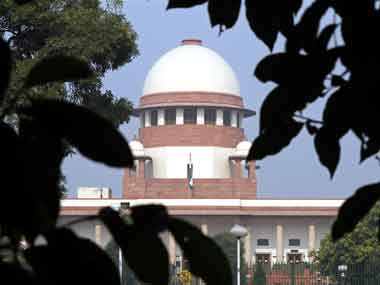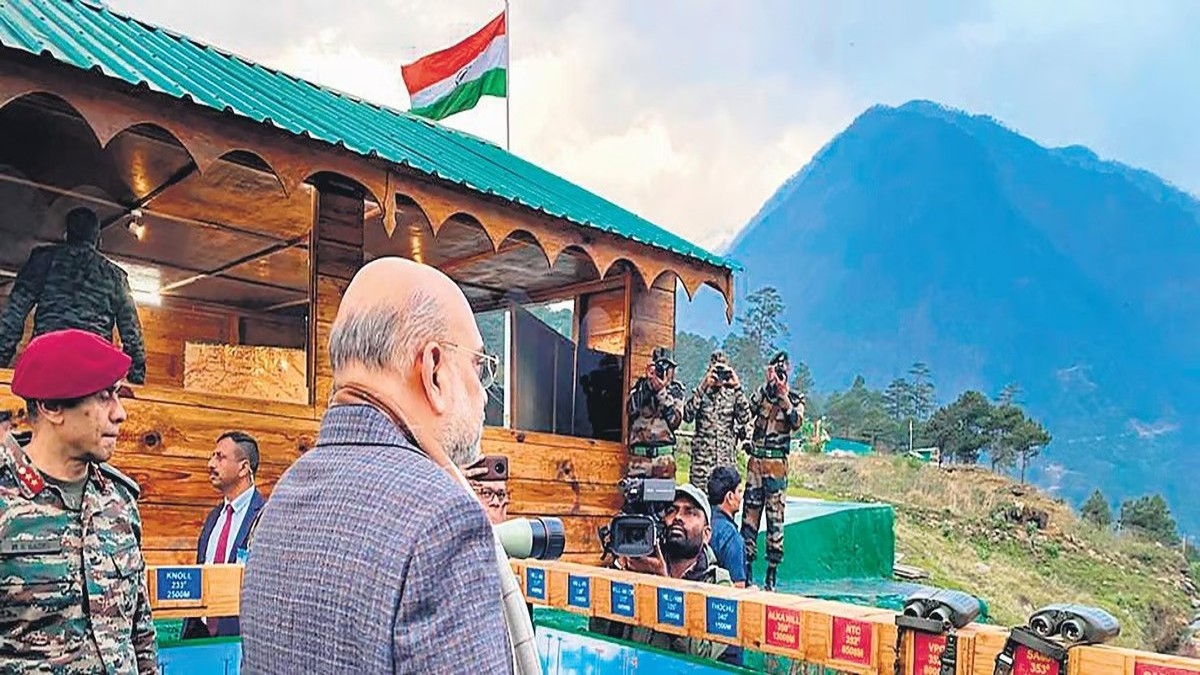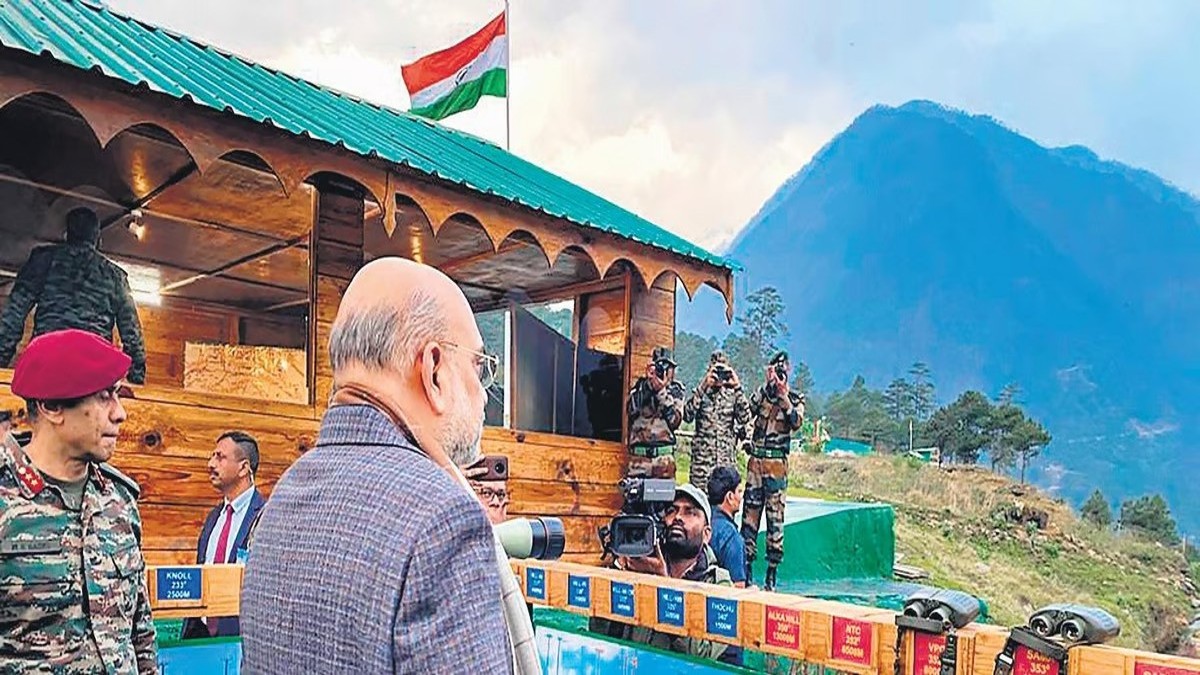New Delhi: A chief minister’s exclusive powers cannot be pre-empted by the governor, whose powers are “limited” under the Constitution and should be exercised in a fair manner to ensure survival of democracy, the Supreme Court said on Tuesday.
“Under the Constitution, he (governor) has not got so much of powers. He has limited powers which should be used in a fair manner, so that democracy survives,” a five-judge Constitution bench headed by Justice JS Khehar said while examining the governor’s powers, an issue that has arisen in the wake of the political crisis in Arunachal Pradesh.
Observing that the governor “has no business to call the assembly session on his whims to test the majority of a chief minister and his government”, the apex court asked “does it not amount to interfering with the legislative functioning of the House.”
“The governor cannot pre-empt the powers which are exclusively granted by the Constitution to the chief minister and his (council of) ministers,” the bench said.
The bench posed several questions during the hearing of a batch of petitions filed by various Congress leaders challenging the advancement of the assembly session by Governor JP Rajkhowa, when a lawyer of some rebel Congress MLAs justified the actions of the governor.
Senior advocate Rakesh Dwivedi, the counsel for rebels, said the governor, being the administrative head, in his “wisdom thought that this (summoning of the House and subsequent business) may be one of the solutions”.
His submission was in regard to the advancing of the assembly session from January 2016 to December 2015 by Governor Rajkhowa.
The bench, which also comprised Justices Dipak Misra, MB Lokur, PC Ghose and NV Ramana, observed that the right of the governor under Article 175 (right of the governor to address and send messages to the House and Houses) of the Constitution was limited.
“There is a problem. Messaging, he can do independently but the nature of messages is important. He needs to take the aid and advise of the chief minister and his council of ministers,” the bench said, adding, “how far he (Governor) can act, is limited.”
Dwivedi submitted that the governor can send a message and call for the assembling of the House as he has got such powers under the Constitution.
Before concluding the day’s hearing, the bench also opened the sealed cover containing dispatch records of the state assembly provided by the Secretary of the House.
The bench perused the dispatch register and, with the assistance of senior advocate Kapil Sibal, asked some queries to the official and later left the matter for the contesting parties to raise objections, if any.
Dwivedi, in his arguments, said the governor’s decision to summon the assembly session was the only “possible solution” in this “evil situation” as the Speaker was under clout.
“Let us not go by the evil. There is a sword of democracy, you will have to go by that,” the bench remarked.
It also questioned Rajkhowa’s decision to advance the three-days long assembly session to 16 December, 2015 from 14 January, 2016 and asked as to what difference would have been made if the assembly could have met as scheduled earlier.
“Why was the session called for only three days? What would have happened, if the assembly proceedings would have taken place on pre-scheduled 14 January, instead of 16 December, 2015,” it said.
“What was the tearing hurry? You could have said that do not change the constitution of the House till 14 January, the bench added.
The bench posed the query when Dwivedi said that there were serious corruption charges against then Speaker Nabam Rebia and the governor was empowered under the Constitution to advance the assembly session and instruct that the issue of removal of the Speaker be taken up as first item of business.
The court, however, observed that what was the necessity for the governor to write that the composition of the House shall not be altered.
It appeared that the governor tried to “interfere with the functioning of the House” as he advanced the session, which was earlier decided on the aid and advise of the chief minister and his council of ministers.
“Suddenly, one day, he (governor) says that he does not require any advice and advanced the assembly session and that to, for three days only,” it added.
The court, which is hearing a batch of pleas on certain powers of the governor under the Constitution, would resume hearing on Wednesday.
PTI


)




)
)
)
)
)
)
)
)